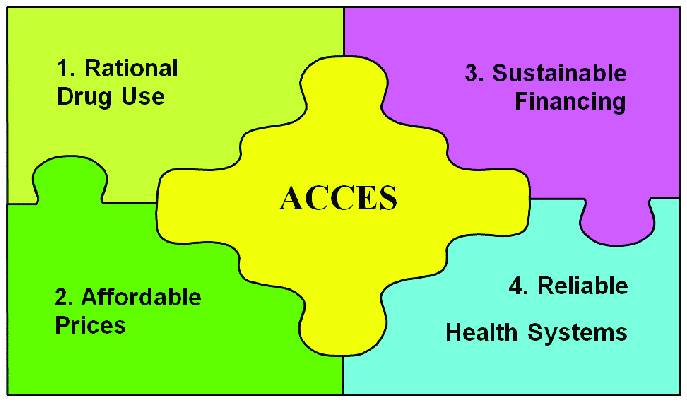Government Enhances Access to Essential Medicines

The Ministry of Health and Family Welfare has updated the National List of Essential Medicines (NLEM), a crucial component of the Drugs (Prices Control) Order, 2013. This update allows the National Pharmaceutical Pricing Authority (NPPA) to set ceiling prices for essential medicines, ensuring affordability for patients. Recent data indicates that price adjustments have led to significant savings for consumers, while various government initiatives aim to further improve access to affordable healthcare.
Price Regulation and Savings for Patients
The NPPA plays a vital role in regulating the prices of essential medicines in India. As of March 12, 2025, the authority has fixed ceiling prices for 928 scheduled formulations and established retail prices for over 3,200 new drugs. The average price reduction from the latest NLEM update was approximately 17%, translating to estimated annual savings of ₹3,788 crore for patients. Manufacturers and marketers are mandated to adhere to these ceiling prices, which include applicable Goods and Services Tax. For non-scheduled formulations, price increases are capped at 10% within a 12-month period, ensuring that essential medicines remain accessible to the public.
Government Initiatives to Enhance Access
In addition to price regulation, the government has launched several initiatives to improve access to affordable medicines. The Pradhan Mantri Bhartiya Janaushadhi Pariyojana (PMBJP) offers quality medicines through Jan Aushadhi Kendras (JAKs) at prices that are typically 50% to 80% lower than branded alternatives. Furthermore, the Affordable Medicines and Reliable Implants for Treatment (AMRIT) initiative provides significant discounts on medicines for serious conditions such as cancer and cardiovascular diseases. AMRIT Pharmacy stores, located in select hospitals, offer these essential drugs at reduced rates, making healthcare more affordable for patients.
Monitoring and Compliance Measures
The NPPA continuously monitors the prices of both scheduled and non-scheduled drugs to prevent overcharging. This monitoring is supported by data from State/UT Price Monitoring Resource Units (PMRUs), State Drugs Controllers (SDCs), and market samples. Complaints received through platforms like the Pharma Jan Samadhan (PJS) portal and the Centralised Public Grievance Redress and Monitoring System (CPGRAMS) also inform NPPA’s oversight efforts. Instances of price violations are addressed in accordance with the provisions of the Drugs (Prices Control) Order, 2013, ensuring compliance and protecting consumer interests.
Future Goals for Essential Medicines
Currently, the PMBJP scheme includes 2,047 medicines and 300 surgical and medical consumables, covering a wide range of therapeutic areas such as cardiovascular health, oncology, and diabetes management. The Department of Pharmaceuticals aims to expand this product basket to 2,100 medicines and 310 surgical items by March 31, 2025. This expansion reflects the government’s commitment to enhancing healthcare access and affordability for all citizens, ensuring that essential medicines are within reach for those who need them most.
Observer Voice is the one stop site for National, International news, Sports, Editor’s Choice, Art/culture contents, Quotes and much more. We also cover historical contents. Historical contents includes World History, Indian History, and what happened today. The website also covers Entertainment across the India and World.
Follow Us on Twitter, Instagram, Facebook, & LinkedIn

